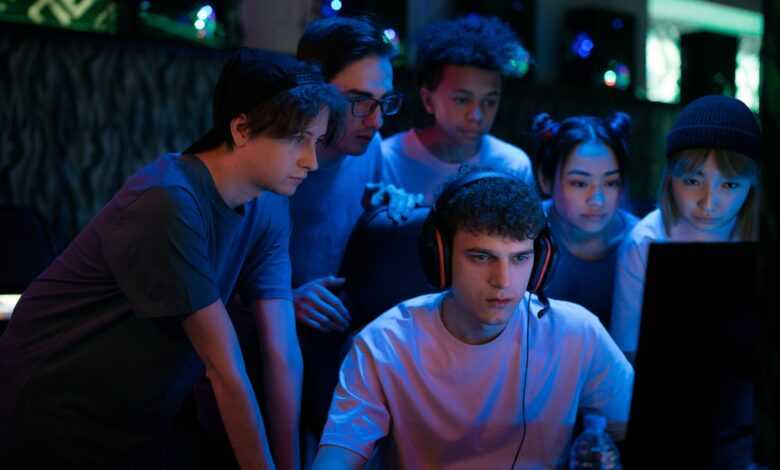
Gaming Addiction: An Honest Look at the Dark Side of Playstation, Xbox and PC Gaming
Gaming has become one of the most popular pastimes in the world, with millions of people playing games on Playstation, Xbox, and PC. However, there is a growing concern about the impact that gaming addiction is having on men’s mental and physical health. In this article, we will take an honest look at the dark side of gaming addiction and explore its impact on men.
To provide a well-rounded view on this topic, we will be hearing from a variety of experts in the field, as well as presenting a devil’s advocate perspective to provide a balanced argument. Our research will be extensive, with detailed analysis of scientific studies, personal stories, and expert opinions.
Firstly, it is important to define what we mean by gaming addiction. According to the World Health Organisation (WHO), gaming disorder is a pattern of gaming behaviour characterized by impaired control over gaming, increasing priority given to gaming over other activities, and continuation or escalation of gaming despite negative consequences. This definition is similar to that used to describe addiction to substances such as drugs and alcohol.
One of the key signs of gaming addiction is the inability to stop playing, even when the individual knows they should. This can lead to a lack of sleep, neglect of responsibilities, and social isolation. The psychological effects of gaming addiction can also be severe, with individuals experiencing anxiety, depression, and other mental health issues.
In terms of physical effects, gaming addiction can lead to poor posture, eye strain, and repetitive strain injuries. These health issues can have long-term consequences, such as chronic pain and permanent damage to the eyes.
Despite these negative effects, many gamers argue that gaming can have positive effects on mental health. It can escape stress, improve hand-eye coordination, and provide a sense of achievement. Some gamers also argue that gaming has helped them to develop social skills and make new friends.
To provide a balanced argument, we will present the devil’s advocate perspective. Some argue that gaming addiction is simply a symptom of a wider issue, such as depression or anxiety. They suggest that treating the underlying mental health issue is more important than focusing on gaming addiction itself.
Others argue that gaming addiction is not a real disorder and that it is simply a case of individuals lacking self-control. They suggest that it is up to the individual to manage their own gaming behaviour and that there is no need for external intervention.
However, the evidence suggests that gaming addiction is a real and serious issue and is on the rise. According to a study by the Royal Society for Public Health, gaming addiction affects around 3% of gamers in the UK, with young men being the most at risk.
So, what can be done to help those who are struggling with gaming addiction? Treatment options include therapy, support groups, and medication. However, prevention is also key. It is important to educate young people about the potential risks of gaming addiction and to encourage them to take breaks and engage in other activities.
Gaming addiction is a complex issue that requires a nuanced approach. While gaming can have positive effects on mental health, it is important to be aware of the potential risks of addiction. By providing support and education, we can help those struggling with gaming addiction and ensure that gaming remains a safe and enjoyable pastime for all.




